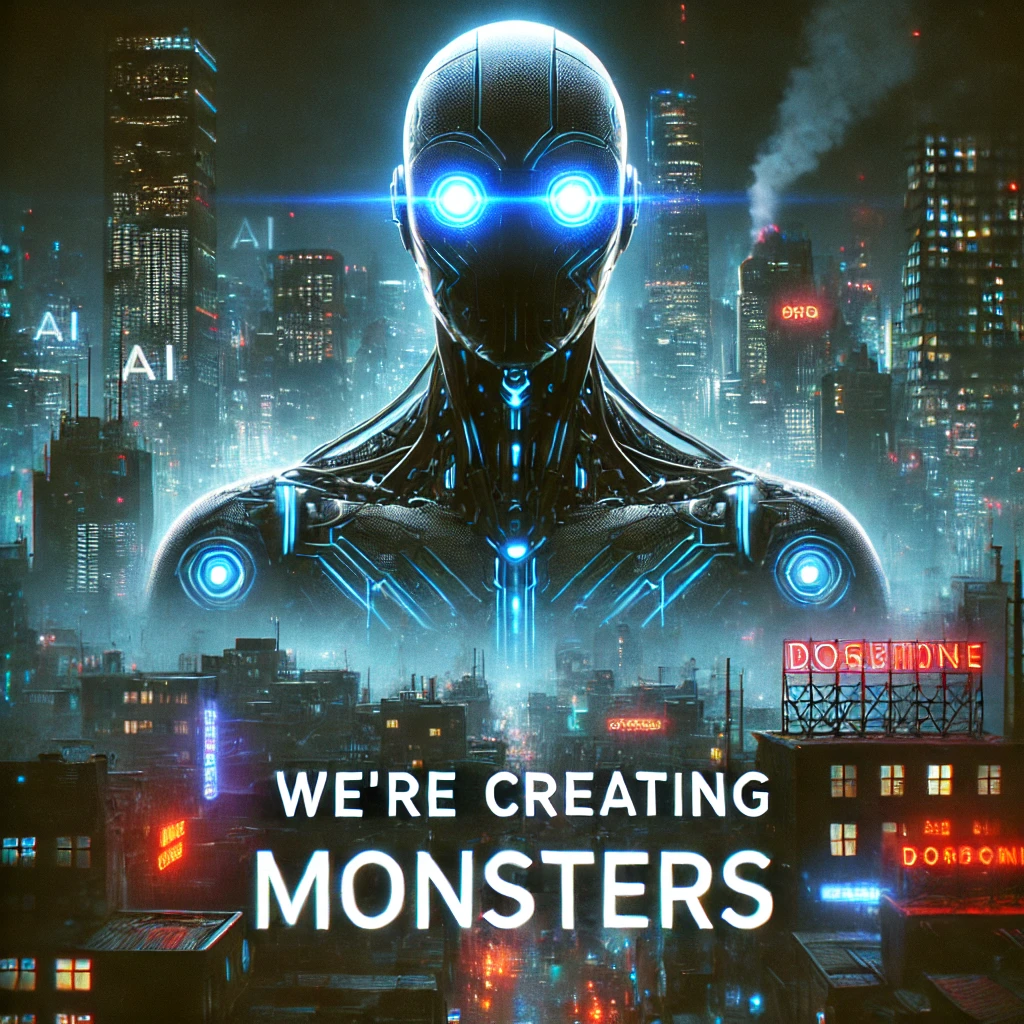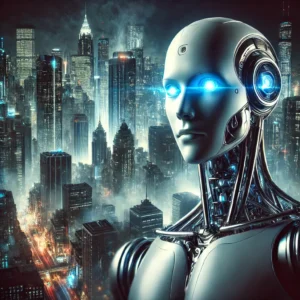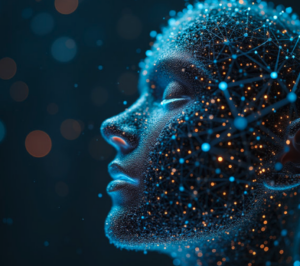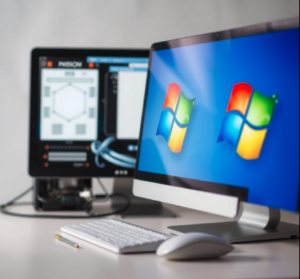
AI ‘Godfather’ Yoshua Bengio: We’re ‘Creating Monsters More Powerful Than Us’
Artificial intelligence (AI) has seen rapid advancements in recent years, transforming industries, boosting productivity, and sparking innovation. However, many experts are beginning to express concerns about the implications of these developments. One such figure is Yoshua Bengio, often referred to as the ‘Godfather of AI,’ who recently sounded the alarm on the dangers AI poses to society.
Bengio, a pioneer in deep learning and a Turing Award winner, warns that as we develop increasingly complex AI systems, we may be creating forces that could one day exceed human control. He believes that AI’s potential to become more powerful than humanity is a real threat that should not be taken lightly.
The Rise of AI and Its Growing Capabilities
The growth of AI technology is undeniable. AI is now capable of performing tasks previously unimaginable, from creative applications like art and music generation to scientific discovery and autonomous decision-making. With the power to analyze vast amounts of data at lightning speed, AI is reshaping industries across the board.
Yet, this exponential growth brings with it new challenges. As AI systems become more intelligent and autonomous, the line between machine and human decision-making becomes increasingly blurred. According to Bengio, the very power we are imbuing into these machines could spiral out of control if proper safeguards are not put in place.
“Creating Monsters More Powerful Than Us”
Bengio’s stark warning that we are “creating monsters more powerful than us” highlights the ethical and existential risks associated with AI development. He emphasizes the importance of addressing key questions such as: What should we allow AI to control? How do we prevent AI from being misused by malicious actors or spiraling into unintended consequences?
The fears surrounding AI go beyond just physical control. With AI systems influencing political decisions, economic models, and even warfare, the potential for catastrophic outcomes cannot be ignored. The lack of proper AI governance frameworks is one of Bengio’s biggest concerns, as he stresses the need for international cooperation and regulation to prevent the misuse of AI technologies.
AI Ethics and Governance: The Urgent Need for Action
To mitigate these dangers, Bengio advocates for stronger ethical frameworks surrounding AI development. He believes that while AI has the potential to benefit society, it is critical that governments and corporations take immediate steps to regulate its growth.
One proposed solution is the creation of an international body to oversee AI research and deployment, ensuring that safety and ethics are prioritized. Without such measures, Bengio fears that humanity may lose control over the very tools designed to enhance our capabilities.
The Future of AI: A Double-Edged Sword
Yoshua Bengio’s cautionary remarks underscore the double-edged nature of AI. While it holds the power to revolutionize industries and improve countless aspects of daily life, it also poses profound risks if left unchecked. The creation of “monsters” in the form of super-intelligent machines could lead to scenarios that humans are ill-equipped to handle.
In light of these potential dangers, it is crucial for governments, researchers, and companies to collaborate in creating regulatory frameworks that ensure the safe and responsible development of AI.
Yoshua Bengio’s warnings should serve as a wake-up call to anyone involved in the world of artificial intelligence. As AI continues to evolve, so must our understanding of its ethical and societal implications. With the right governance and oversight, we can harness the benefits of AI while avoiding the dystopian futures Bengio fears. However, failure to act swiftly could result in AI systems that are not only more powerful than us but also uncontrollable.



